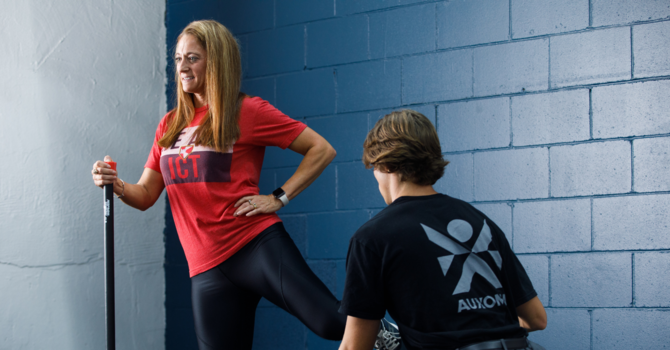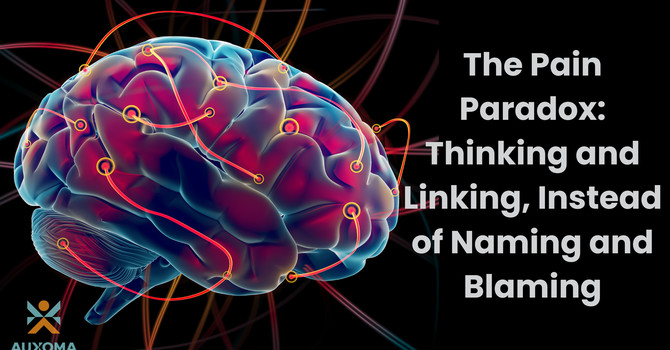
Introduction:
I remember sitting in my first anatomy class. I was so excited to learn about the human body and how it works. I was green in this field. having just enrolled in Wichita State for an Exercise Science degree, and my girlfriend (now wife YAY-YAYEEE) was in Physical Therapy school.
During these years we learned how the parts and pieces of the body worked, inside and out. We learned where a bicep "originates" and "attaches" and the action that it does.
We also learned the nerves that innervated them. After I learned this in undergrad, I did the same thing in grad school. This time, instead of in a text book, we were learning the same information on cadavers in the lab.
We learned that this thing (a bicep amongst other things) does this, and took tests on what these things do, and don't do when working improperly. Whatever "improperly" means. We were learning as if everyones biceps were the same. No nuance. No individuality.
Text book right and wrong, no other way. Having an understanding of the anatomy on dead people... they finally had the courage to let us take our knowledge to living breathing bodies. And we took our textbook knowledge.
This does this. Your that does not do the thing it is supposed to do properly, according to the text book, and dead body. So we have to make your body do that, and behave like the right answer on the test. Not behave in the way you actually need it to.
See, we were learning about his beautiful body from the outside. With external observations, and external answers on a test.
But everything in our bodies happens on the inside first. The outward expression of what is going on on the inside is displayed in how we interact with the world.
So what does this have to do with training?
Exercise science historically centered on measurable external factors: weight lifted, distances run, or specific athletic skills. This approach stems from a long-standing tradition where training success is quantified by outward performance markers.
No care about the toll it was taking on the body.
Over time, this mindset birthed a plethora of training methodologies, each tailored to different sports or fitness goals. Now, we have the internet. And you (yes you) have access to ALL of that information. Without a clue where to actually start, or how to use the information. Joy...
This external focus overlooks a critical truth: our bodies are intricate systems, and their performance originates internally. This realization prompts a paradigm shift that we NEED in training ideologies.
Enter the Functional Range Conditioning (FRC) internal strength model.
FRC advocates a fundamental alteration: prioritize internal mechanisms (your specific biology, and neurology, and how these systems work together) over external output. It emphasizes that our bodies' outward expression reflects their internal condition. Thus, training should commence from within, addressing internal functionality before pursuing external goals.
Doing this decreases likelihood of injury, as well as INCREASES athletic performance.
The core principle lies in nurturing the body's internal workings, focusing on enhancing the nervous system's afferent (information coming in to the brain) communication and establishing a robust internal environment. Once this internal foundation is solidified, the pathway to optimal performance and injury prevention is laid, and you can continue to do what you love. Pain free, and better than ever.
Without this internal groundwork, progressing solely based on external indicators leads to plateaus or worse, injuries. It creates a cycle of temporary gains followed by setbacks, hindering long-term progress and overall well-being. I see this all the time. Job security.
Controlled Articular Rotations (CARs) emerge as a pivotal component in this internal training methodology. These precise, deliberate joint movements aim to enhance joint health, optimize mobility, and reinforce neurological connections. CARs serve as the cornerstone for cultivating internal strength and functionality.
Shifting the training paradigm from external to internal prioritization marks a transformative leap in optimizing human performance and well-being. It heralds a future where training isn't merely about what the body can do externally but how well it operates internally.
You literally become your own neurologist. (in a sense... if you actually have a problem, please seek a doctors advice).
Here is a link to our CARs course.
In it is videos and explanations of them.
Add it to your daily routine, and I guarantee you will see results you weren't even expecting.
-Love, Dr. Justus

Dr. Justus Kauffman
Contact Me


